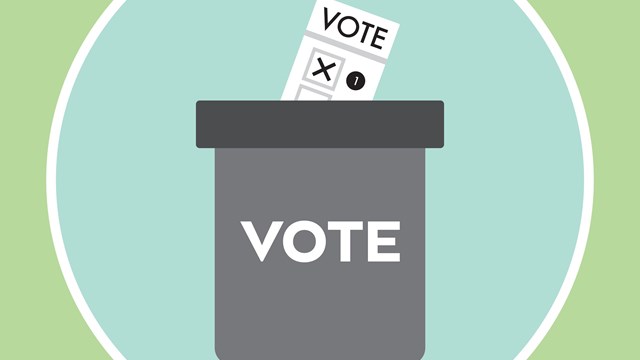
Q. Our co-op’s recent annual meeting and board elections were disgraceful— resulting, in my opinion, in a very dangerous precedent. There were four available openings, and only four shareholders offered their candidacy. So providing we had a quorum of 51%, these four candidates by default would become board members. Two sitting board members have personal issues with one of the candidates. To derail this candidate from becoming a board member, these two sitting board members sabotaged the election by soliciting the shareholders and directing them not to vote, not to enter the polling building, and to retract their ballot from the management company if already submitted. Not surprisingly, there was no quorum, so no elections, and no annual meeting. Is this legal?? My concern is this behavior may continue any time someone doesn’t like something. Please advise.
—Concerned Shareholder
A. “Elections are a contentious issue, and a day doesn’t go by without a shareholder calling my office to express dissatisfaction with a board or its composition,” says Lucas A. Ferrara, a partner at Newman Ferrara LLP and an adjunct professor at New York Law School.
“While this kind of ‘meddling’ may appear unseemly, it is a legitimate part of the ‘democratic’ process. An abstention—or a refusal to vote—is a decision one is free to make. In fact, it’s a fundamental right, in many respects.
“Ultimately, elections boil down to a ‘numbers game.’ The group or individual with the most votes wins. And the only way to counter the kind of situation or behavior the writer describes is to enlist shareholder support that would shift the odds and the numbers.
“Like many New York City residents, I live in a co-op. When I was interested in joining the board, or changing its composition, I engaged with my neighbors, asked for their support, and even secured proxies so that change could be effected. That kind of effort requires work, and a lot of time and effort goes into the process. And even after expending that kind of energy, there is nothing to stop a shareholder from changing his/her mind and rescinding the proxy, voting with an opposing slate, and allowing the status quo to prevail.
“As long as there was nothing illegal or illicit underlying the parties’ actions, I doubt the mere discouragement of participation, or a last-minute change in position, would be viewed as somehow violative of law.”









2 Comments
Leave a Comment